What you eat before and after exercise makes a significant difference in how you feel and how well you perform...
Before/During Workouts
During exercise, the body gets energy from glycogen, a type of carbohydrate that's stored in muscles and the liver. Being hungry going into a workout rapidly depletes glycogen and can cause fatigue. Recommended...
Combine protein with carbohydrates. For example, have a hard-boiled egg (for protein), and half a whole wheat bagel (for carbs) about an hour before a workout. Protein makes carbohydrates a slower-burning (longer-lasting) energy source.
If it will be more than an hour until you can exercise, eat something substantial, such as a peanut butter sandwich or a wrap with turkey breast, lettuce and tomato. This larger meal takes longer than so you will have enough energy for your workout.
Remember the "90-minute rule". It takes about 90 minutes of hard exercise to deplete stored glycogen. If you engage in extended cardiovascular workouts, you'll need to replenish glycogen while you exercise. You can munch on a protein/carbohydrate bar or sip a sports drink (such as Gatorade).

After Workouts
If you-re trying to lose weight, schedule your workouts so that you'll have lunch or dinner when you're done. The increased expenditure of calories that occurs during exercise persists for about an hour afterwards. Eating right after a workout allows you to take advantage of the increased calorie burning.
Get enough protein. Muscle cells are very receptive to amino acids (the individual building-blocks of protein) 30 minutes to one hour after exercise. Consuming protein right after exercise accelerates both muscle reapir and muscle growth. It varys from individual to individual, so you might want to ask your trainer, but typically you want to consume about 15 grams (g) to 20 g of lean protein. Examples: Two ounces of chicken provides about 12 g of protein. An egg has about 6 g.
Add a complex carbohydrate to replace glycogen. Muscle cells quickly absorb carbohydrates after exercise. The optimal ratio is four parts carbohydrates to one part protein (4:1). A turkey sandwich and a nonfat fruit yogurt has this ratio with 75 g of carbs and 18 g of protein.
Eat fruit. There's an increase in muscle-damaging free radicals during and after exercise. The antioxidants in fruit reduce muscle damage and accelerate muscle repair. Also, the sugars in fruit quickly replace glycogen stores.
Check your water level. Weigh yourself immediately before and after vigorous cardiovascular exercise-- and drink enough water to make up the difference. If you weigh a pound less after exercising, drink at least 16 ounces of water.
Written by Tammy Lakatos, RD, and Elysse Lakatos, RD. The Nutrition Twins.
Edited by Jason Copeland, CSCS.
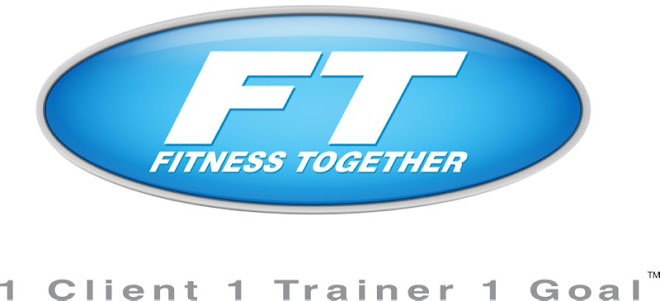



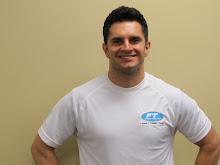

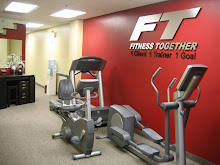
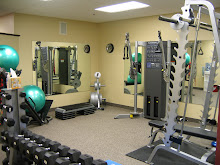
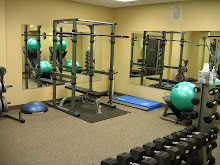
No comments:
Post a Comment